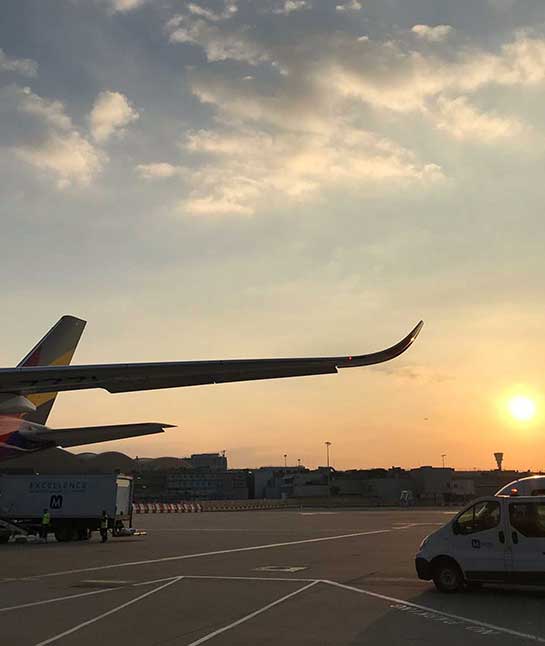
Package trip or tickets only
When planning your Borussia Dortmund experience, you'll need to decide between buying just match tickets or opting for a complete package. Tickets-only options give you flexibility to arrange your own accommodation and travel, which might be preferable if you're familiar with Dortmund or have specific preferences. However, package trips offer convenience and often include quality accommodation near the stadium or city center, and sometimes airport transfers. Some packages even include guided tours or pre-match hospitality. For first-time visitors to Dortmund, a package can remove much of the stress of planning. During high-demand matches, packages might actually be easier to secure than individual tickets. The providers compared on this page offer various options, allowing you to choose based on your budget and preferences.
Borussia Dortmund's rivalries
Borussia Dortmund's most intense rivalry is with Schalke 04 in what's known as the Revierderby - one of Germany's most passionate football derbies. The rivalry stems from the clubs' proximity in the Ruhr region and their working-class roots. Matches between these teams are always highly charged affairs. Dortmund also has a significant rivalry with Bayern Munich, which has intensified in recent decades as both clubs have competed for domestic honors. This has become known as "Der Klassiker" in German football. Other notable rivalries include those with Werder Bremen and VfB Stuttgart. Attending a derby match provides an even more intense atmosphere than regular games, with elaborate tifos, non-stop chanting, and passionate displays from both sets of supporters.
